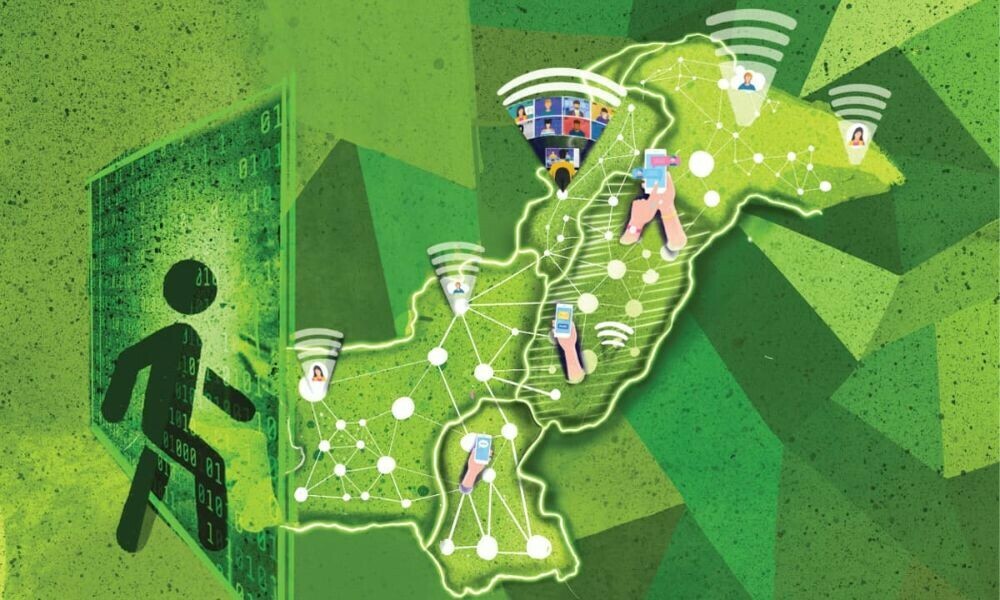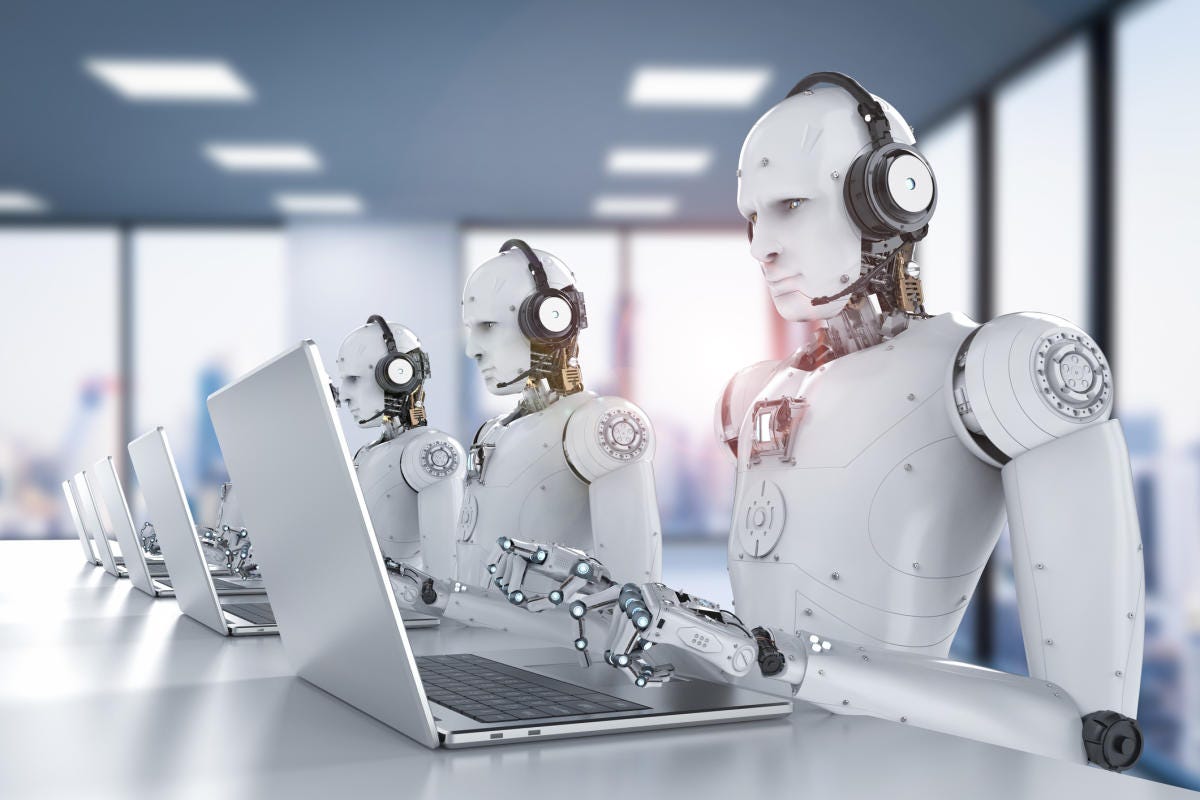Businesses across the globe are undergoing rapid digital transformation, fueled by advancements in artificial intelligence, cloud computing, and data analytics. Companies that once relied on traditional operations are now adopting technology-driven models to stay competitive in a market defined by innovation.
- AI and Automation Driving Business Growth
- Political Uncertainty and Business Strategy
- Globalization and the Rise of Emerging Markets
- Technology’s Role in Shaping Consumer Behavior
- Celebrity Entrepreneurs in the Business World
- The Sustainability Challenge for Corporations
- Cybersecurity as a Growing Threat
- FAQs
- Conclusion
From small startups to multinational corporations, the adoption of digital tools has become a necessity rather than an option. Remote work models, e-commerce platforms, and cloud-based services have reshaped industries, forcing leaders to rethink strategies in real time.
This shift has not only improved efficiency but also introduced new challenges around cybersecurity, regulatory compliance, and workforce adaptation.
AI and Automation Driving Business Growth
Artificial Intelligence (AI) and automation are now central to business expansion. Manufacturing companies use robotics to streamline production lines, while logistics firms deploy AI to optimize supply chains. Retail giants rely on AI recommendation engines to improve customer engagement and increase sales.
The financial sector, too, has benefited from AI-powered fraud detection and predictive analytics, allowing banks to better understand consumer behavior. However, this reliance on automation has sparked debates about potential job losses, requiring careful balance between efficiency and human employment.
Political Uncertainty and Business Strategy
Businesses are not only dealing with technological changes but also navigating political uncertainty. Trade wars, sanctions, and global conflicts—such as those in Ukraine and Gaza—have disrupted supply chains and increased market volatility.
Multinational corporations face complex decisions when operating in politically unstable regions. For instance, energy companies must weigh profits against reputational risks when working with governments under scrutiny. Similarly, tech companies must manage data privacy concerns across borders with conflicting regulations.
Political instability can significantly impact stock markets, investment flows, and consumer confidence, making it a key consideration for business leaders.
Globalization and the Rise of Emerging Markets
Despite geopolitical challenges, globalization continues to open new opportunities. Emerging markets in Asia, Africa, and Latin America are becoming vital hubs for growth. With rising middle classes and increasing access to digital technologies, these regions are attracting investments in sectors such as fintech, renewable energy, and e-commerce.
Companies are also shifting supply chains to diversify away from dependency on single regions. For example, many businesses are investing in India and Vietnam to reduce reliance on Chinese manufacturing, a trend accelerated by the COVID-19 pandemic and global political tensions.
Technology’s Role in Shaping Consumer Behavior
Consumer behavior has transformed dramatically in recent years, largely due to technological innovation. Online shopping has surged, mobile payments have become mainstream, and digital wallets are replacing cash.
Social media platforms and influencers now play a central role in marketing, while AI-powered algorithms personalize shopping experiences. Businesses that fail to adapt to these changes risk losing relevance, as consumers increasingly demand convenience, personalization, and seamless digital experiences.
Celebrity Entrepreneurs in the Business World
Celebrities are becoming powerful figures in business, leveraging their influence to build global brands. Rihanna’s Fenty Beauty disrupted the cosmetics industry with its inclusive product lines, while Elon Musk has blended celebrity status with groundbreaking companies like Tesla and SpaceX.
Other stars, from sports icons to Hollywood actors, are investing heavily in startups, especially in the tech sector. Their involvement not only brings capital but also media attention, driving growth and customer loyalty.
The rise of celebrity entrepreneurs reflects the merging of entertainment, technology, and business in the modern economy.
The Sustainability Challenge for Corporations
As global awareness of climate change grows, businesses face increasing pressure to adopt sustainable practices. Governments, consumers, and investors are demanding transparency and accountability in corporate operations.
From renewable energy adoption to green supply chains, sustainability has become a business imperative. Companies that ignore environmental concerns risk reputational damage and regulatory penalties, while those that embrace green innovation are gaining competitive advantages.
However, transitioning to sustainable models requires significant investment, which can be difficult for small and medium-sized enterprises.
Cybersecurity as a Growing Threat
With increased reliance on technology comes heightened vulnerability to cyberattacks. Businesses face rising threats from ransomware, phishing, and state-sponsored hacking. Cybersecurity has moved from being an IT concern to a boardroom priority, with companies investing billions in protecting sensitive data.
High-profile breaches at multinational firms have highlighted the risks of inadequate security, leading to stricter regulations worldwide. The future of business success will depend not just on digital transformation but also on the ability to safeguard operations from evolving cyber threats.
FAQs
How is digital transformation changing businesses?
It improves efficiency through cloud computing, AI, and automation, while enabling remote work and global e-commerce expansion.
What role does AI play in business growth?
AI drives predictive analytics, fraud detection, customer personalization, and supply chain optimization.
How do politics impact businesses globally?
Political instability affects supply chains, trade policies, and investment flows, creating risks for multinational corporations.
Why are emerging markets important?
They offer new growth opportunities with rising consumer demand, technological adoption, and diversified supply chains.
What challenges do businesses face with sustainability?
While sustainability boosts reputation and compliance, it requires significant investment and operational changes.
How critical is cybersecurity for businesses today?
It is essential for protecting sensitive data, ensuring consumer trust, and complying with international regulations.
Conclusion
Businesses are standing at a crossroads where technology, politics, and global shifts intersect. Digital transformation has created new opportunities for innovation and growth, but it has also introduced risks ranging from cyber threats to geopolitical instability.
As industries adapt, those that embrace AI, sustainability, and global diversification will emerge stronger, while those resistant to change may struggle. The integration of celebrity entrepreneurship, political awareness, and consumer-driven technology ensures that the future of business will be more interconnected and complex than ever before.









